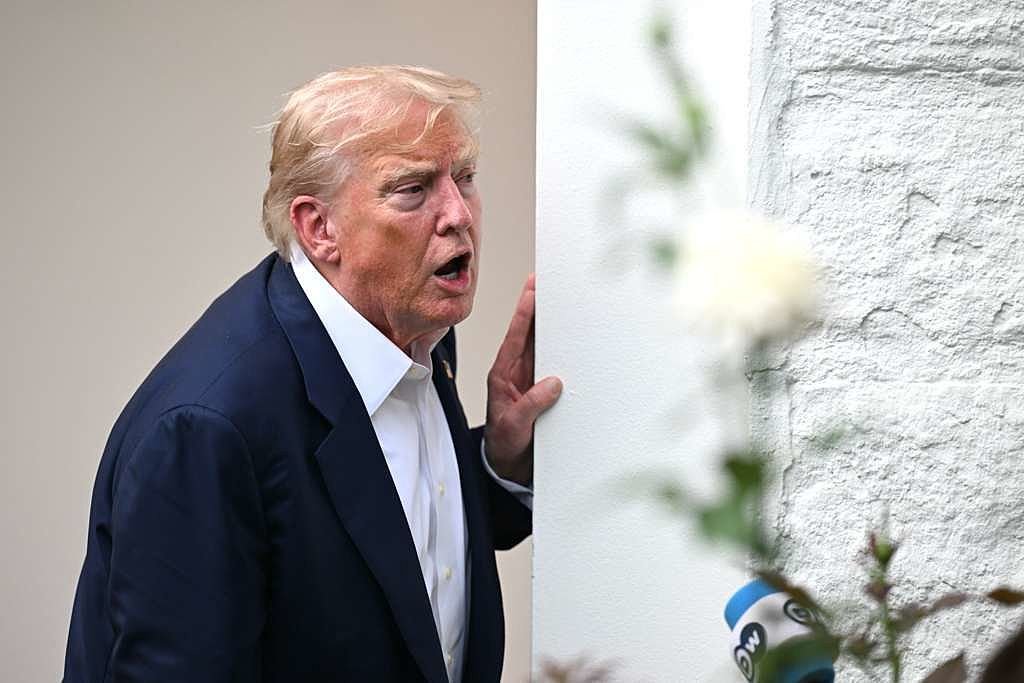A US appeals court on Friday ruled that many of President Donald Trump’s tariffs, which have upended global trade, were illegal but allowed them to remain in place for now, giving him time to take the fight to the Supreme Court.
The 7-4 ruling by the US Court of Appeals for the Federal Circuit affirmed a lower court’s finding that Trump had exceeded his authority in tapping emergency economic powers to impose wide-ranging duties.
But the judges allowed the tariffs to stay in place through mid-October and Trump swiftly made clear he would put the time to use. The appeals court “incorrectly said that our Tariffs should be removed, but they know the United States of America will win in the end,” he said in a statement on his Truth Social platform lashing out at the ruling.
He added that he would fight back “with the help of the United States Supreme Court.”
The decision marks a blow to the president, who has wielded duties as a wide-ranging economic policy tool.
It could also cast doubt over deals Trump has struck with major trading partners such as the European Union, and raised the question of what would happen to the billions of dollars collected by the United States since the tariffs were put in place if the conservative-majority Supreme Court does not back him.
Friday’s case, however, does not deal with sector-specific tariffs that the Trump administration has also imposed on steel, aluminium, autos and other imports.
Since returning to the presidency in January, Trump has invoked the International Emergency Economic Powers Act (IEEPA) to impose “reciprocal” tariffs on almost all US trading partners, with a 10-percent baseline level and higher rates for dozens of economies.
He has invoked similar authorities to slap separate tariffs hitting Mexico, Canada and China over the flow of deadly drugs into the United States.
The Court of International Trade had ruled in May that Trump overstepped his authority with across-the-board global levies, blocking most of the duties from taking effect, but the appeals court later put the ruling on hold to consider the case.
If the tariffs are ultimately ruled illegal, companies could possibly seek reimbursements.
(adm)





